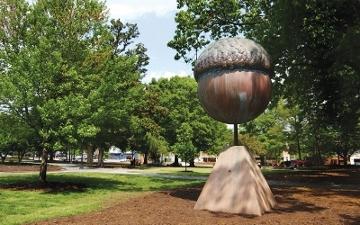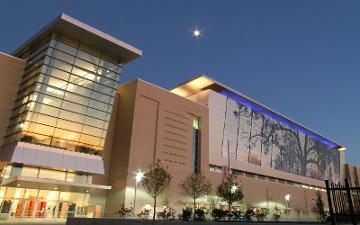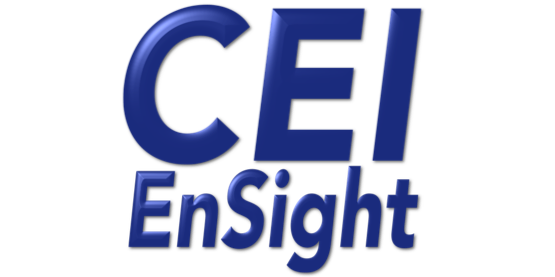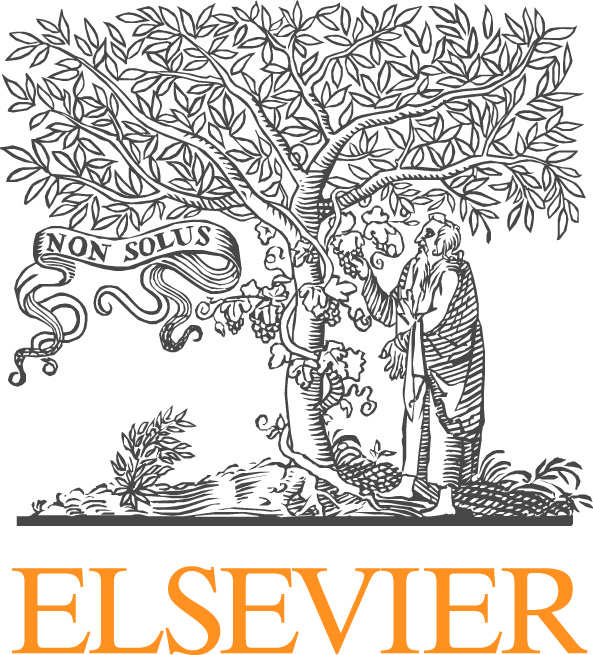
UQ Challenge Benchmarks
James Stewart, Roger Ghanem, Christian Soize
Uncertainty quantification (UQ) is now an established research are that has driven advancements in predictive capabilities for computational mechanics. An explosion of new UQ algorithms has appeared over the last several years, each with strengths, weaknesses, and varying domains of applicability. This minisymposium seeks proposals for benchmark challenge problems that can serve as a basis for developing, assessing, and improving UQ capabilities. We are proposing a community approach to the challenge of developing appropriate benchmarks. Ideally, a benchmark would be defined as a “progression” or series of problems of increasing complexity, with an ability to refine or redefine the problems as the progression unfolds (over time), based on community input. The USACM UQ Specialty Committee (chaired and co-chaired by the MS organizers) will downselect from the benchmark proposals, if necessary, and then distribute them to the UQ R&D community. We envision that in future U.S. National Congresses, or in independent or partner-affiliated workshops/conferences (e.g., SIAM, ASME), there will be minisymposia organized around the UQ challenge benchmarks. If successful, these benchmarks could serve as a standard by which new UQ algorithms are developed, tested, assessed, and published. The intent is to use these problems to greatly accelerate the development of and impact of UQ for real multiscale, multiphysics mechanics applications.
We seek a range of applications for the benchmarks. Possibilities include the following: (i) Inversion (requiring access to experimental or simulated data), e.g., for acoustics, materials, or geomechancs; (ii) Multiphysics, e.g., fluid/thermal/structural mechanics; (iii) Material and structural mechanics, e.g., crack initiation/propagation, large/nonlinear deformation, or multiscale material models; (iv) Turbulent and/or multiphase flows. The benchmark descriptions should be complete with geometry, governing physics and/or equations, materials, boundary/initial conditions, quantities-of-interest, and sources of uncertainty.

